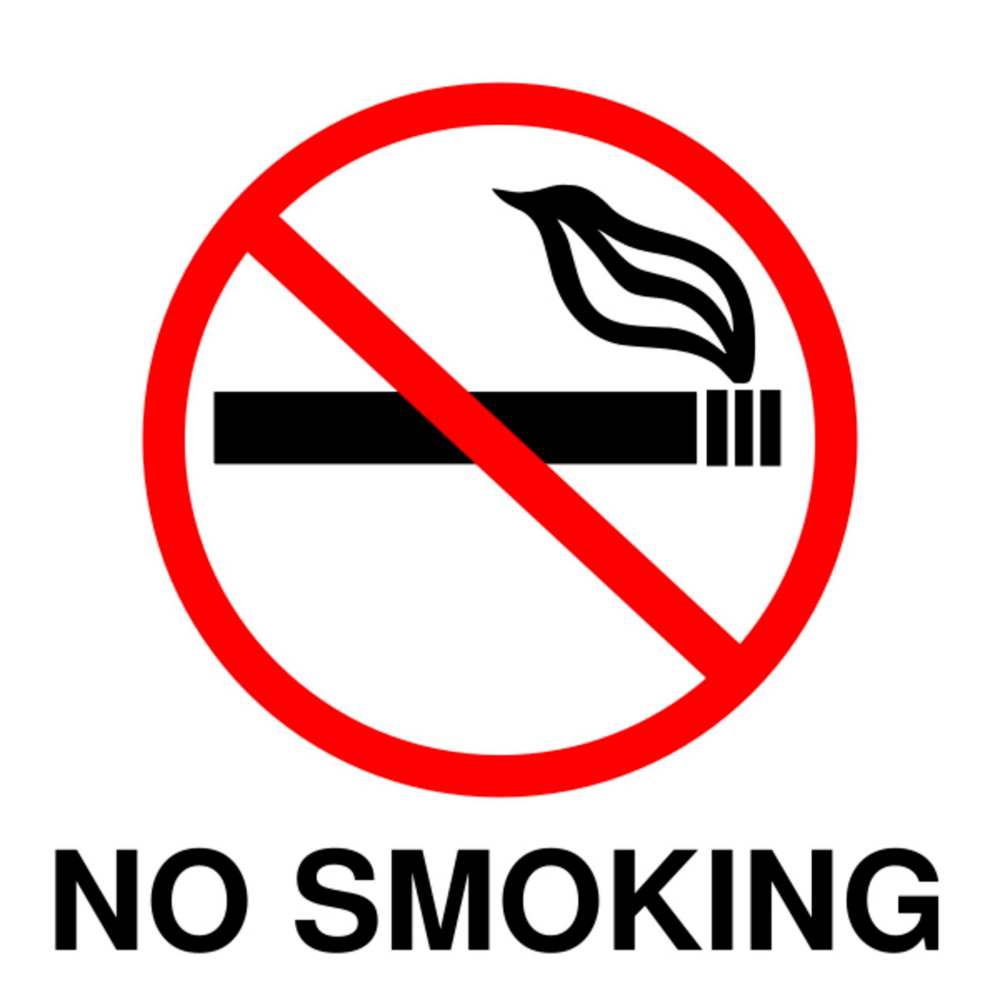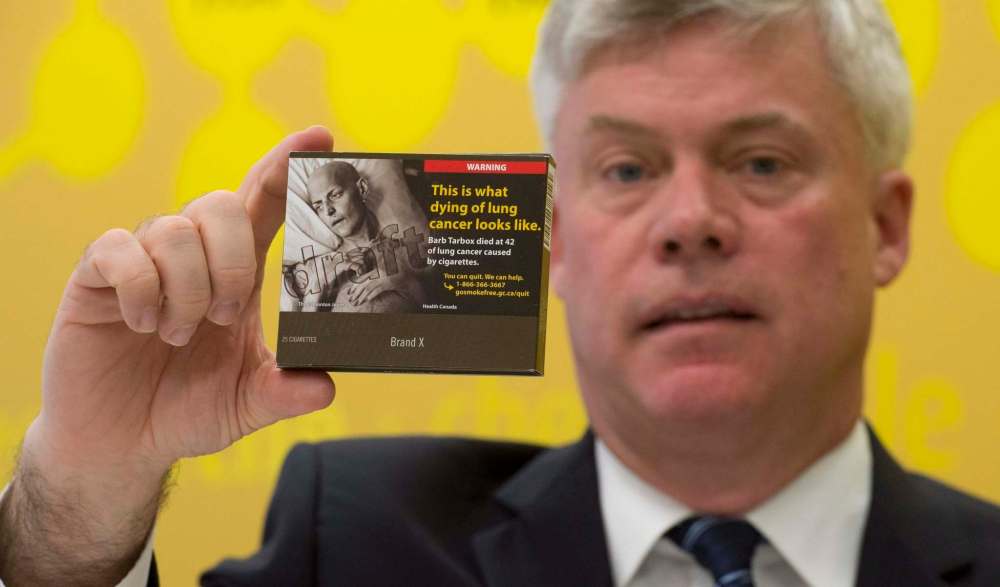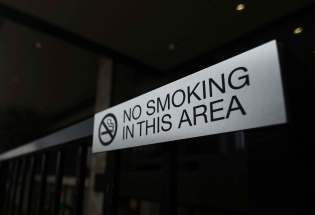Canadian Cancer Society sides with Manitoba in looming smoking ban extension
Read this article for free:
or
Already have an account? Log in here »
To continue reading, please subscribe:
Monthly Digital Subscription
$0 for the first 4 weeks*
- Enjoy unlimited reading on winnipegfreepress.com
- Read the E-Edition, our digital replica newspaper
- Access News Break, our award-winning app
- Play interactive puzzles
*No charge for 4 weeks then price increases to the regular rate of $19.00 plus GST every four weeks. Offer available to new and qualified returning subscribers only. Cancel any time.
Monthly Digital Subscription
$4.75/week*
- Enjoy unlimited reading on winnipegfreepress.com
- Read the E-Edition, our digital replica newspaper
- Access News Break, our award-winning app
- Play interactive puzzles
*Billed as $19 plus GST every four weeks. Cancel any time.
To continue reading, please subscribe:
Add Free Press access to your Brandon Sun subscription for only an additional
$1 for the first 4 weeks*
*Your next subscription payment will increase by $1.00 and you will be charged $16.99 plus GST for four weeks. After four weeks, your payment will increase to $23.99 plus GST every four weeks.
Read unlimited articles for free today:
or
Already have an account? Log in here »
Hey there, time traveller!
This article was published 05/03/2021 (1739 days ago), so information in it may no longer be current.
The Canadian Cancer Society applauds a controversial move by the Pallister government to extend a ban on smoking in indoor public places to First Nations communities.
The organization, which tracks tobacco legislation across Canada, says Manitoba is the only province that exempts reserves from provincial smoke-free legislation.
Manitoba moves to expand public smoking ban to First Nations

Posted:
Opening itself to a likely court challenge, the Pallister government has introduced legislation that would extend a ban against smoking and vaping in public places to First Nations communities.
“From a health perspective, all Manitobans should have health protection. Second-hand smoke is second-hand smoke, and everyone deserves protection from second-hand smoke,” said Rob Cunningham, the society’s senior policy analyst.
“Right now, in parts of Manitoba, it’s legal to sell tobacco and e-cigarettes to nine-year-olds,” Cunningham said Friday in an interview from Ottawa. “That shouldn’t be the case.”
The Assembly of Manitoba Chiefs opposes Bill 56, which was introduced in the legislature in November but only distributed to MLAs and the general public Thursday.
The proposed Smoking and Vapour Products Control Amendment Act infringes on First Nations’ jurisdiction, Grand Chief Arlen Dumas said. The AMC leader has said the chiefs will challenge the bill in the courts, if it proceeds.
“I have family members who have had cancer. I don’t smoke and many of our chiefs don’t smoke,” Dumas said Friday. “But this is a jurisdictional issue.”
It’s not true children on reserves can purchase cigarettes, he said, calling Cunningham’s comment “very ill-informed.”
“I have family members who have had cancer. I don’t smoke and many of our chiefs don’t smoke. But this is a jurisdictional issue.” – Grand Chief Arlen Dumas
“Minors aren’t allowed to buy cigarettes, but it’s because the (First Nation) leadership supports these rules and regulations.”
Dumas said if the provincial government were concerned about First Nations health, it would work co-operatively with Indigenous leaders to curb smoking and vaping — and not dictate to them.
Manitoba should take the same constructive, respectful approach with First Nations on smoking that it has in the rollout of the COVID-19 vaccination program, he said.
Bill 56 would repeal a provision in Manitoba law, introduced in 2004, that exempts First Nations and certain federal jurisdiction areas from provincial tobacco control legislation. Once passed, legislative provisions on smoke-free places, retail display bans, and sales to minors would also apply to reserves.
Several First Nations in Manitoba have already passed their own bylaws restricting smoking in public places.
Cunningham said other provinces have smoke-free legislation similar to Manitoba’s that apply across the board. Those laws have not been challenged in the courts, he said.

Cunningham, a lawyer, said the ability of the province to regulate smoking on reserves is no different than it is to enforce highway speed limits. “You can’t drive 200 kilometres per hour through a reserve,” he said.
The Manitoba Tobacco Reduction Alliance also supports the government’s bill.
“Improving legislation to protect the health and well-being of Manitobans is crucial as big tobacco and vaping companies continue to look for ways to profit off the health of individuals,” the group said.
Provincial law currently allows exceptions to smoking rules for Indigenous ceremonial or traditional uses of tobacco. The government said passage of Bill 56 would not change that.
larry.kusch@freepress.mb.ca

Our newsroom depends on a growing audience of readers to power our journalism. If you are not a paid reader, please consider becoming a subscriber.
Our newsroom depends on its audience of readers to power our journalism. Thank you for your support.











